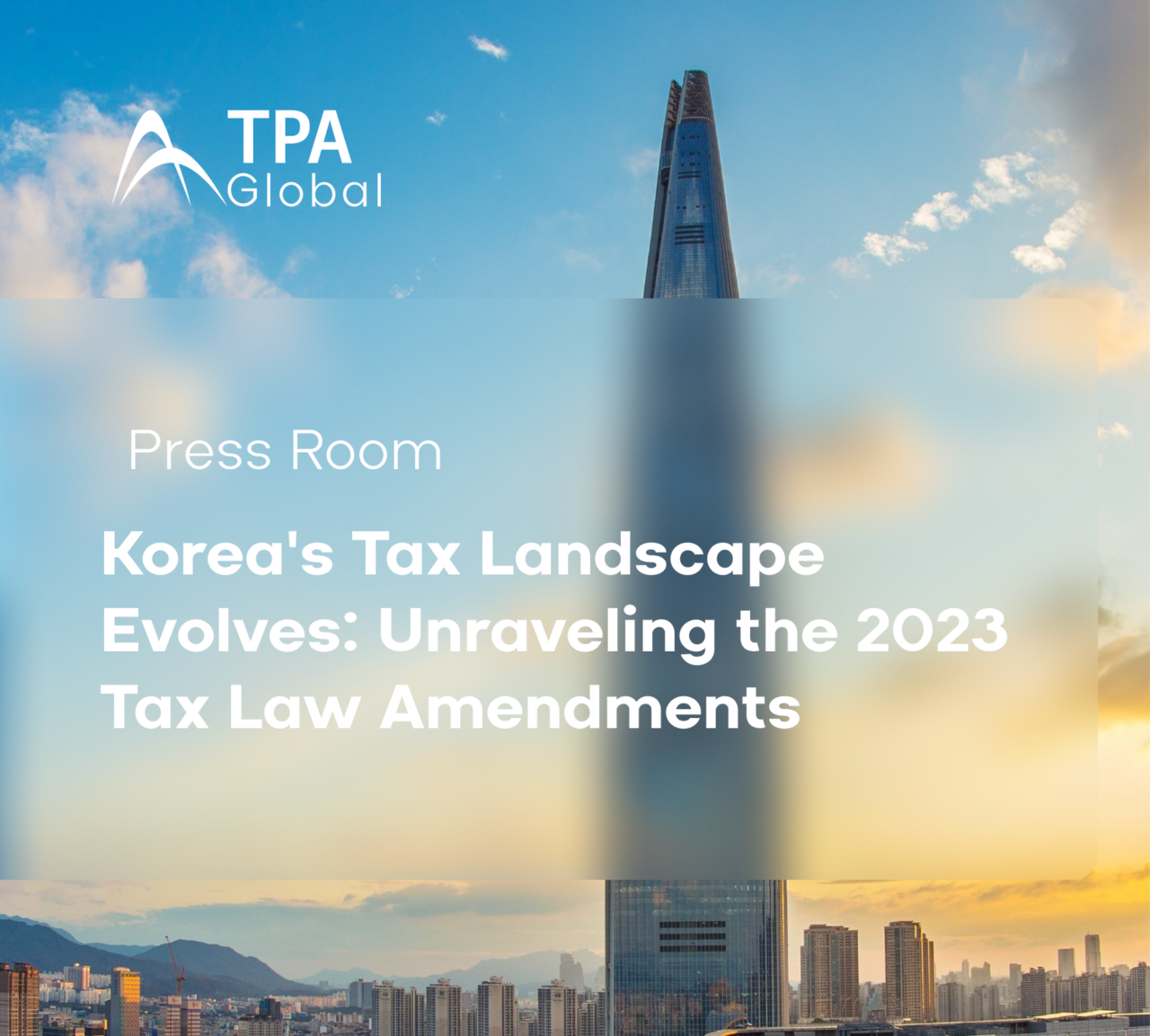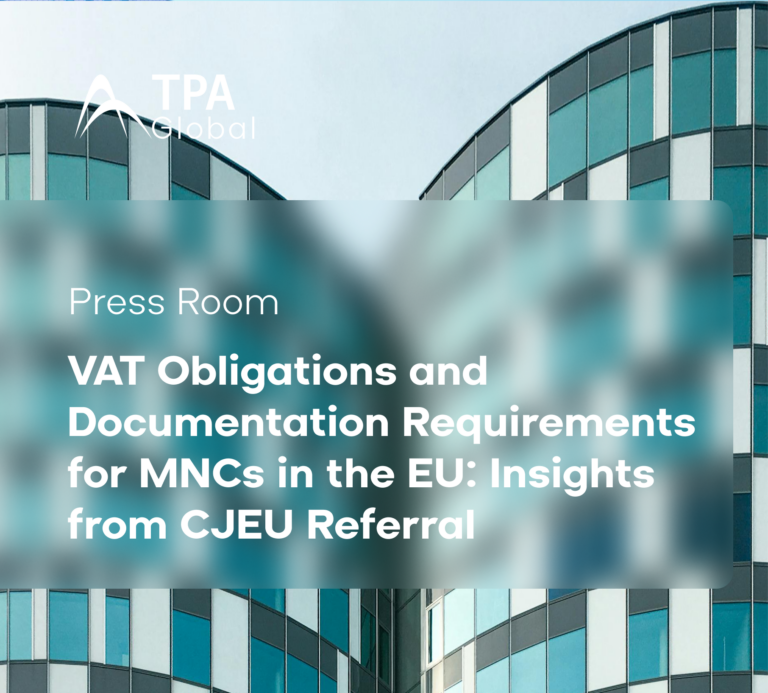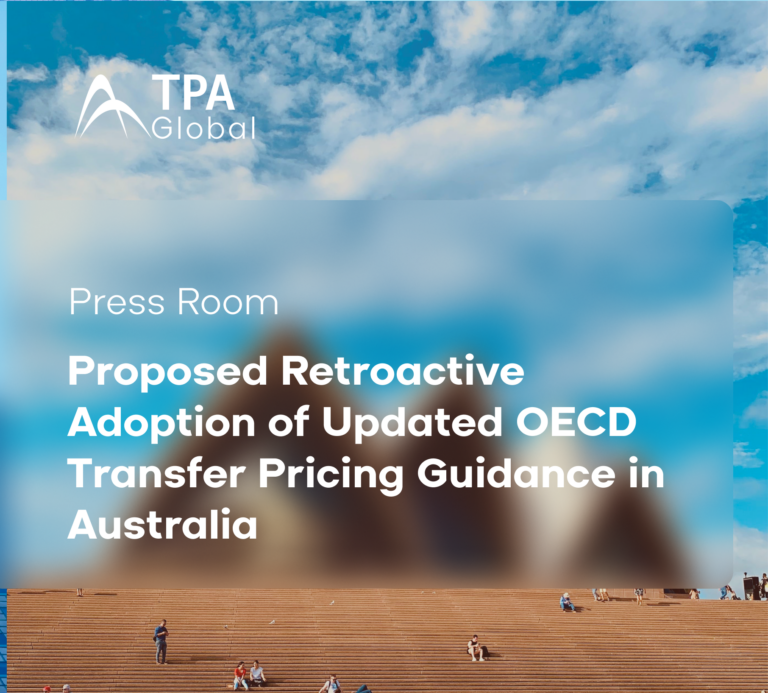Stepping into the new fiscal year, South Korea has ushered in a few legislative tweaks with the formal implementation of the 2023 tax law amendments, effective from January 1, 2024. In this shift, two alterations in the international tax domain attract one’s attention, outlined below for tax professionals and all who are navigating the intricacies of the Korean tax landscape.
Law for Coordination of International Tax Affairs (LCITA):
Contrary to the initial proposal by the Korean Ministry of Economy and Finance (MOEF) to condense the submission deadline of transfer pricing documentation from 12 months after the fiscal year’s end to 6 months, the implemented amendment upholds the original timeframe. The MOEF’s initial push for a shorter timeframe sought to streamline reporting but was apparently met with a different outcome in the finalized amendment.
The final amendment maintains the status quo regarding the due date for the submission of transfer pricing local files and master files. This decision carries implications for multinational entities operating in Korea anticipating a change, as the 12-month window post-fiscal year end remains intact for compliance.
Tax Preferential Control Act (TPCA):
The TPCA underwent an amendment pertaining to the concessional flat tax rate applicable to foreign employees. The final implementation narrows the eligibility window, stipulating that only foreign employees commencing work in Korea on or before December 31, 2026, can benefit from the favorable flat tax rate of 19% for a generous 20-year period.
Contrary to the MOEF’s proposal to extend this timeline until December 31, 2028, the implemented amendment accelerates the deadline. This nuanced change aims to balance fiscal considerations while providing clarity on the concessional tax rate’s applicability to foreign employees.
Conclusion
As South Korea embraces the 2023 tax law amendments, the tax landscape undergoes subtle yet impactful shifts. Navigating these changes requires a keen understanding of LCITA and TPCA nuances, ensuring that interested parties are well-equipped to adapt to the slight modifications in the Korean tax environment. The delicate balance between technical precision and readability positions this information as a valuable resource for those involved in Korean taxation or considering investments in the region.
For tax professionals and investors engaging with the Korean tax system, these amendments prompt a reassessment of compliance timelines and tax planning strategies. The unchanged LCITA deadline highlights the importance of maintaining existing reporting practices. Simultaneously, the altered TPCA provisions necessitate a revised approach for businesses employing foreign staff in Korea.
To keep updated on news, visit our Global News Page.
Don’t miss our most recent updates and articles; follow us on LinkedIn.



